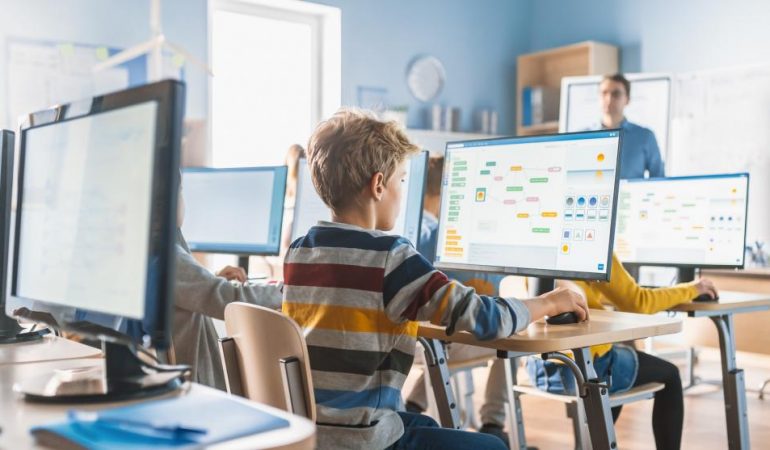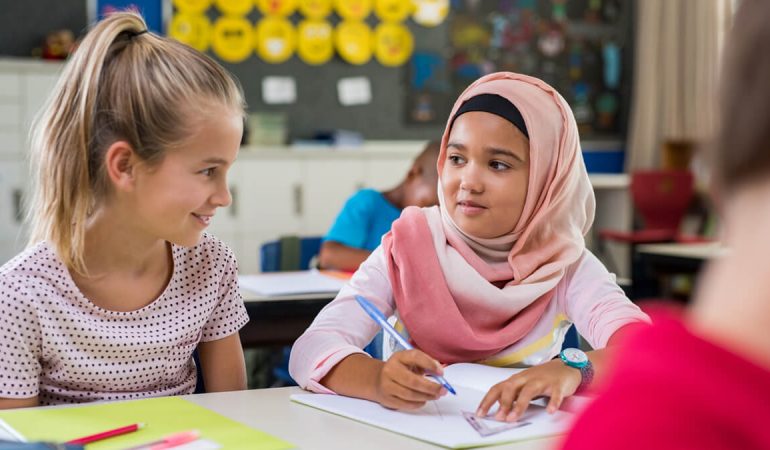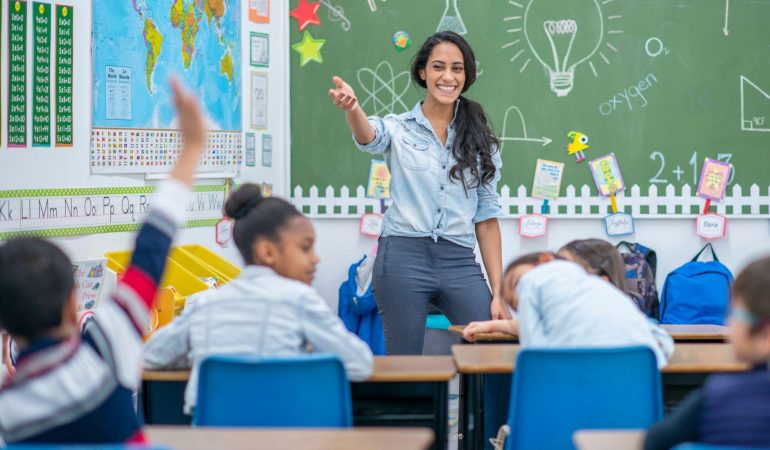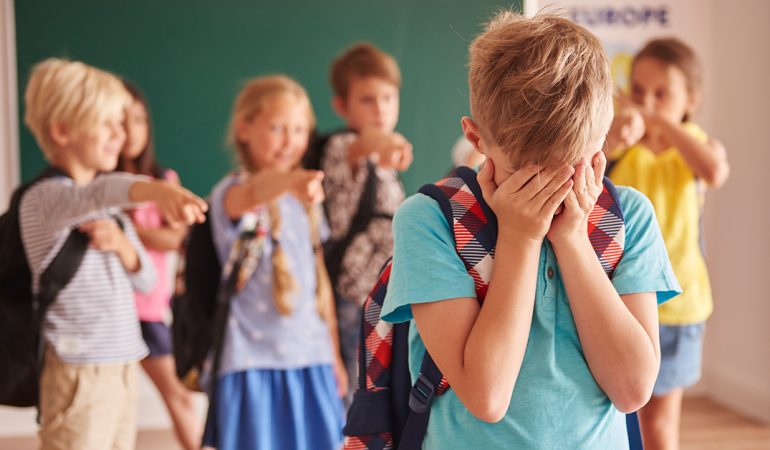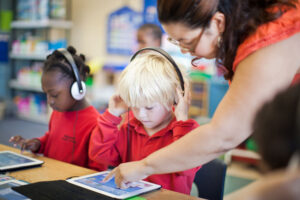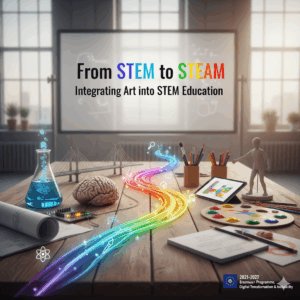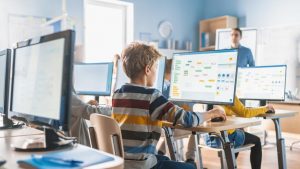Strategies for CyberBullying Prevention and Response
The act of cyberbullying is defined as when someone bullies through electronic means such as cell phones, computers, and tablets. The act of bullying includes posting, commenting, threatening, and messaging inconvenient, harmful, negative, or abusive content. Due to the dramatic increase in digital activities and usage of social media (Facebook, Instagram, Twitter, Snap Chat, Twitter, etc.), the risks of exposure to cyberbullying for children and teenagers are critically high. Because it usually occurs through SMS, direct messages, game applications, or online forums. Some acts of cyberbullying are subject to unlawful and criminal activities too. Therefore, this course targets providing teachers’ development on the issue.




